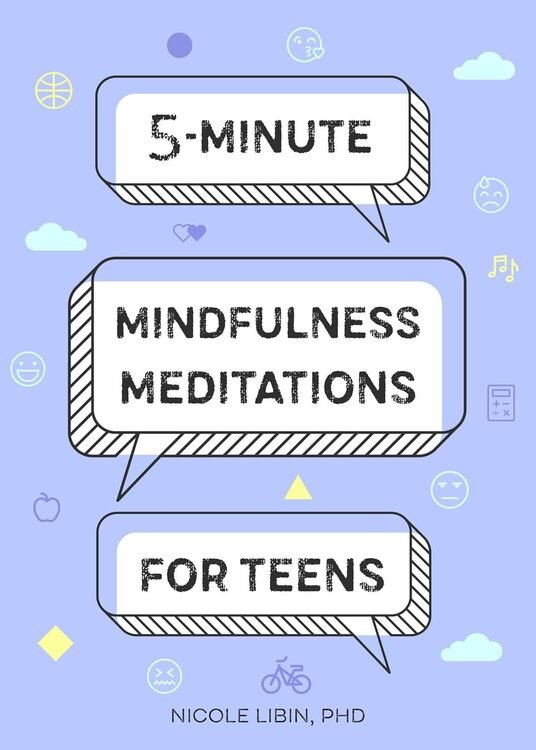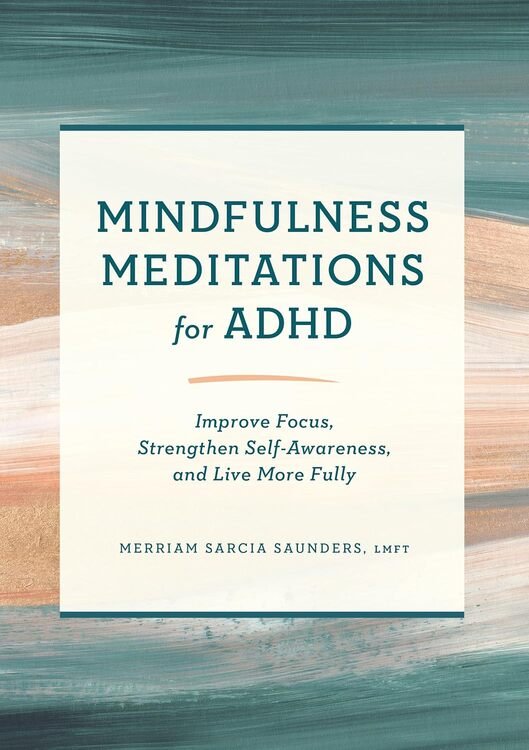Mindfulness Practices
Mindfulness Practices: Life can be a rollercoaster, can’t it?
One moment, you’re on cloud nine; the next, you’re hit with overwhelming stress or sadness.
Emotional ups and downs are part of being human, but what if you had tools to navigate these waves with grace?
Enter mindfulness.
Mindfulness isn’t just a buzzword; it’s a practice rooted in ancient traditions and backed by modern science.
It’s about being fully present in the moment, without judgment.
When applied to emotional well-being, mindfulness can transform how you experience and manage emotions.
Let’s dive into the science, the practices, and the benefits of mindfulness Practices for emotional health.
By the end of this, you’ll have actionable tips to help you find balance and peace.

What Is Mindfulness Practices and Why Does It Matter?
Mindfulness Practice is the art of paying attention.
It’s about noticing what’s happening right now—your thoughts, feelings, and surroundings—without trying to change or judge them.
Sounds simple, right?
But in a world full of distractions, it’s easier said than done.
Why does mindfulness matter for emotional well-being? Because emotions thrive in the present moment.
When we’re mindful, we can experience our emotions fully without being overwhelmed or consumed by them.
Instead of reacting impulsively, mindfulness helps us respond with intention and clarity.
The Science Behind Mindfulness Practices and Emotional Health
Mindfulness Practice isn’t just feel-good fluff; it’s backed by hard science.
Here’s what the research says:
1. Mindfulness Reduces Stress
Chronic stress wreaks havoc on emotional health.
Studies show that mindfulness practices lower cortisol (the stress hormone), leaving you feeling calmer and more centered.
2. It Changes Your Brain
Regular mindfulness practice can reshape your brain.
Neuroimaging studies reveal increased activity in the prefrontal cortex (responsible for emotional regulation) and decreased activity in the amygdala (the brain’s fear center).
3. Mindfulness Practice Enhances Emotional Resilience
Life will always throw challenges your way, but mindfulness makes you more adaptable.
By cultivating awareness, you can bounce back from setbacks with greater ease.

How Mindfulness Improves Emotional Well-Being
Let’s talk about how mindfulness works its magic.
These are the key ways mindfulness can support your emotional health:
1. Increases Emotional Awareness
Mindfulness helps you tune into your feelings without getting lost in them.
You become more aware of what you’re feeling and why, which is the first step to managing emotions effectively.
2. Reduces Emotional Reactivity
Ever snapped at someone because you were stressed?
Mindfulness creates a pause between stimulus and response, helping you act thoughtfully rather than impulsively.
3. Fosters Self-Compassion
Mindfulness teaches you to treat yourself with kindness, even when you’re struggling.
This self-compassion can reduce feelings of shame and boost your overall emotional resilience.
4. Enhances Gratitude
When you’re mindful, you’re more likely to notice life’s small joys.
Gratitude is a natural byproduct of mindfulness, and it’s a powerful mood booster.
Top Mindfulness Practices for Emotional Well-Being
Now that we’ve covered the why, let’s get to the how.
These mindfulness practices are simple, effective, and easy to integrate into your daily life.
1. Mindful Breathing
Your breath is always with you, making it the perfect anchor for mindfulness Practices.
Here’s how to practice mindful breathing:
-Find a quiet space and sit comfortably.
-Close your eyes and focus on your breath.
-Notice the sensation of air entering and leaving your nostrils.
-If your mind wanders (and it will), gently bring it back to your breath.
Just five minutes of mindful breathing can reduce stress and help you feel grounded.
2. Body Scan Meditation
The body scan is a powerful way to reconnect with your physical self.
It’s especially helpful for releasing tension and calming the mind.
-Lie down or sit in a comfortable position.
-Close your eyes and bring your attention to your feet.
-Slowly move your focus upward, scanning your entire body.
-Notice any sensations, tension, or areas of discomfort without judgment.
The body scan helps you release physical stress, which often goes hand-in-hand with emotional tension.
3. Mindful Journaling
Writing is a therapeutic way to process emotions. Combine it with mindfulness for a double dose of emotional healing.
-Set aside 10 minutes each day to write about your thoughts and feelings.
-Focus on the present moment and describe your emotions as they are.
-Avoid judging yourself; let the words flow freely.
Over time, mindful journaling can help you understand and manage your emotions more effectively.
4. Loving-Kindness Meditation
This practice focuses on cultivating compassion for yourself and others.
It’s especially helpful for reducing negative emotions like anger and resentment.
-Sit comfortably and close your eyes.
-Repeat phrases like, “May I be happy. May I be healthy. May I be at peace.”
-Gradually extend these wishes to others, including friends, family, and even people you find challenging.
Loving-kindness meditation can soften your heart and enhance your emotional well-being.
5. Mindful Practices Walking
Who says mindfulness has to be done sitting down?
Mindful walking combines movement with awareness, making it a great option for busy days.
-Walk slowly and focus on each step.
-Notice the sensation of your feet touching the ground.
-Pay attention to your surroundings: the sights, sounds, and smells.
Mindful walking can turn an ordinary stroll into a calming, rejuvenating experience.
Incorporating Mindfulness Practices into Your Daily Routine
Mindfulness doesn’t have to be time-consuming.
Here are some simple ways to weave it into your everyday life:
-Start your day with intention. Spend a few moments focusing on your breath before getting out of bed.
-Practice mindfulness while eating. Pay attention to the taste, texture, and aroma of your food. Avoid multitasking during meals.
-Take mindful breaks. Set a timer to pause and check in with yourself throughout the day.
-End your day with gratitude. Reflect on three things you’re grateful for before going to bed.
Why I’m Passionate About Mindfulness
I’ll be honest: mindfulness Practice has changed my life. Before I discovered it, I was stuck in a cycle of stress and emotional overwhelm.
Learning to pause, breathe, and be present has made me more patient, more compassionate, and—most importantly—happier.
It’s not about being perfect or always calm. It’s about showing up for yourself, no matter what’s happening.
That’s the beauty of mindfulness.

Conclusion Mindfulness Practices
Mindfulness Practice is a gift you give yourself.
It’s a practice that doesn’t require fancy tools or a lot of time—just a willingness to be present.
When you embrace mindfulness, you open the door to greater emotional well-being.
You learn to navigate life’s ups and downs with grace, respond thoughtfully instead of reacting impulsively, and find joy in the small moments.
So why not give it a try? Start with one practice today.
Your emotional health—and your future self—will thank you.




